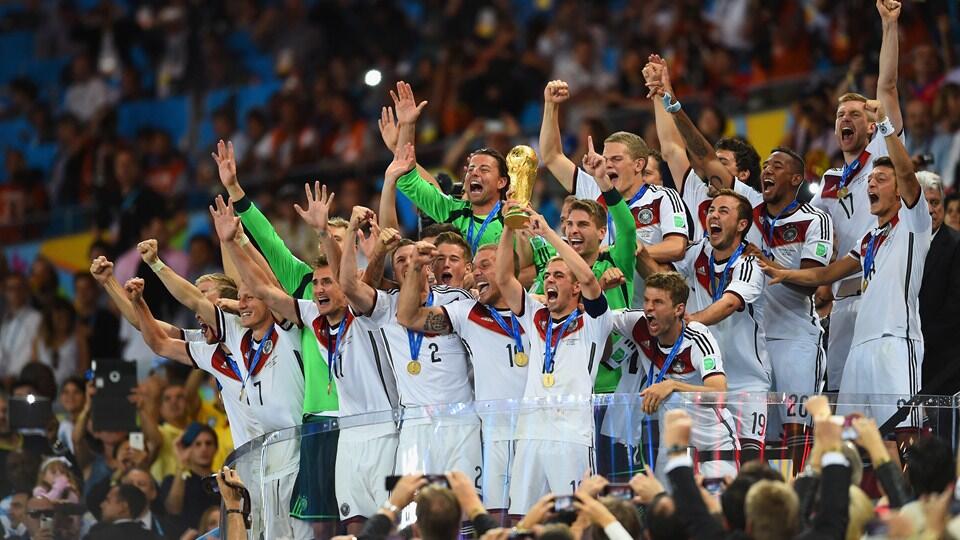By Tony Brenton
Russia’s president is here to stay and his weakened country is looking to do a deal
For a man whose country is reportedly on the economic rocks, President Putin looked remarkably confident at his annual press conference yesterday. These conferences have become a high point of the Russian political year. Putin, without notes, fields unscripted questions from more than a thousand journalists. This year, inevitably, the major issues were the economy and Ukraine. On the economy, he acknowledged problems caused by the collapse in the oil price but claimed that Russia would adjust within two years. On Ukraine, he was uncompromising. Russia’s actions were legitimate. Sanctions were wrong. The West wanted to “chain and defang” the bear, but would never be able to do so.
A brave performance. But in a week where the value of the rouble has oscillated by more than 30 per cent, how justified by the facts? To what extent were we looking at a sort of reincarnation of “Comical Ali” – the Iraqi information minister who continued to proclaim ultimate victory for Saddam Hussein even as Western tanks rolled into Baghdad? The list of problems that Russia now faces is formidable, from the halving in price of its principal export commodity to the imminent tightening of both the EU and US sanctions. To what extent are the skids under Putin and his regime?
Russia’s president is here to stay and his weakened country is looking to do a deal
For a man whose country is reportedly on the economic rocks, President Putin looked remarkably confident at his annual press conference yesterday. These conferences have become a high point of the Russian political year. Putin, without notes, fields unscripted questions from more than a thousand journalists. This year, inevitably, the major issues were the economy and Ukraine. On the economy, he acknowledged problems caused by the collapse in the oil price but claimed that Russia would adjust within two years. On Ukraine, he was uncompromising. Russia’s actions were legitimate. Sanctions were wrong. The West wanted to “chain and defang” the bear, but would never be able to do so.
A brave performance. But in a week where the value of the rouble has oscillated by more than 30 per cent, how justified by the facts? To what extent were we looking at a sort of reincarnation of “Comical Ali” – the Iraqi information minister who continued to proclaim ultimate victory for Saddam Hussein even as Western tanks rolled into Baghdad? The list of problems that Russia now faces is formidable, from the halving in price of its principal export commodity to the imminent tightening of both the EU and US sanctions. To what extent are the skids under Putin and his regime?

